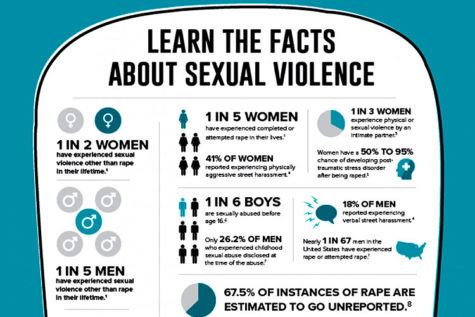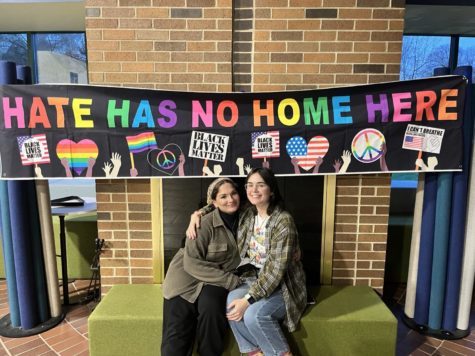History Dean reflects on memory of Versailles
September 21, 2018
Roy Strausbaugh, Ph.D., who serves as Dean Emeritus at Mercyhurst University, gave a talk on Sept. 12 at the Jefferson Educational Society to take a centennial look back at the signing of the Treaty of Versailles, which ended World War I almost a century ago.
As well as the public, Mercyhurst students were invited to attend and to hear Strausbaugh speak.
The First World War was fought between the Triple Entente of the British, French and Russians. The opposing side was the Triple Alliance of Germany, Austria-Hungary and Italy. Contemporarily called “the War to End All Wars,” it was sparked by the assassination of Archduke Franz Ferdinand of Austria-Hungary which created domino reactions of complicated alliances that were ultimately responsible for the deaths of over 15 million people.
“After World War I, Germany was on the verge of collapse, and so they asked for an armistice,” Strausbaugh said. The treaty of Versailles was signed on June 28, 1919.
Strausbaugh described the treaty as ‘Carthaginian peace,’ referring to the absolute destruction the Roman Empire caused to the Carthaginian Empire following the Punic Wars. Strausbaugh alluded to the harsh treatment of Germany at the end of the war, which may have contributed heavily to the rise of Adolf Hitler and the beginning of World War II.
“The world gathered in Paris for six months to create the peace treaty,” Strausbaugh said, describing the process as a deliberate one.
Strausbaugh went on to discuss how the peace talks were mostly ruled by the “Big 4,” comprising of David Lloyd George of Britain, Woodrow Wilson of the United States, Vittorio Orlando of Italy and Georges Clemenceau of France. These delegates worked tirelessly with their staff to try and reach their independent goals, particularly as Italy switched sides near the end of the conflict.
Wilson wanted to enforce his fourteen points of peace, which included promoting liberty, free trade and the maintenance of Germany, despite its losing position.
Strausbaugh further described how France wanted assurances of defense against another German invasion and asked for a buffer state in the Rhineland between Germany and France. This was later created and dubbed the Saar land. Italy simply wanted territory, such as the Tyrol region in the North, while Britain enforced harsh war reparations on Germany.
In the words of British Prime Minister Lloyd George, Britain allegedly wanted to “squeeze Germany till it’s pips squeak.”
In the end, Germany was forced to pay over 33 billion gold marks in war reparations and had to take sole responsibility for what occurred, losing 10 per cent of their territory. Strausbaugh stressed how Germany was unable to negotiate any of the terms of their treatment.
At this point, Strausbaugh also brought up how Germany could not pay most of their war reparations due to the hyperinflation of their economy. They ignored demands in the treaty to demilitarize, such as generals working unofficially in suits and ties, and lost only non-essential territory they could (and would) later reclaim.
Dr. Strausbaugh asked again, “Was the Treaty of Versailles a Carthaginian peace?” Strausbaugh prompted the audience to draw their own conclusion from his talk and to decide for themselves.
Interested students can contact the History Department for information about similar future talks.







